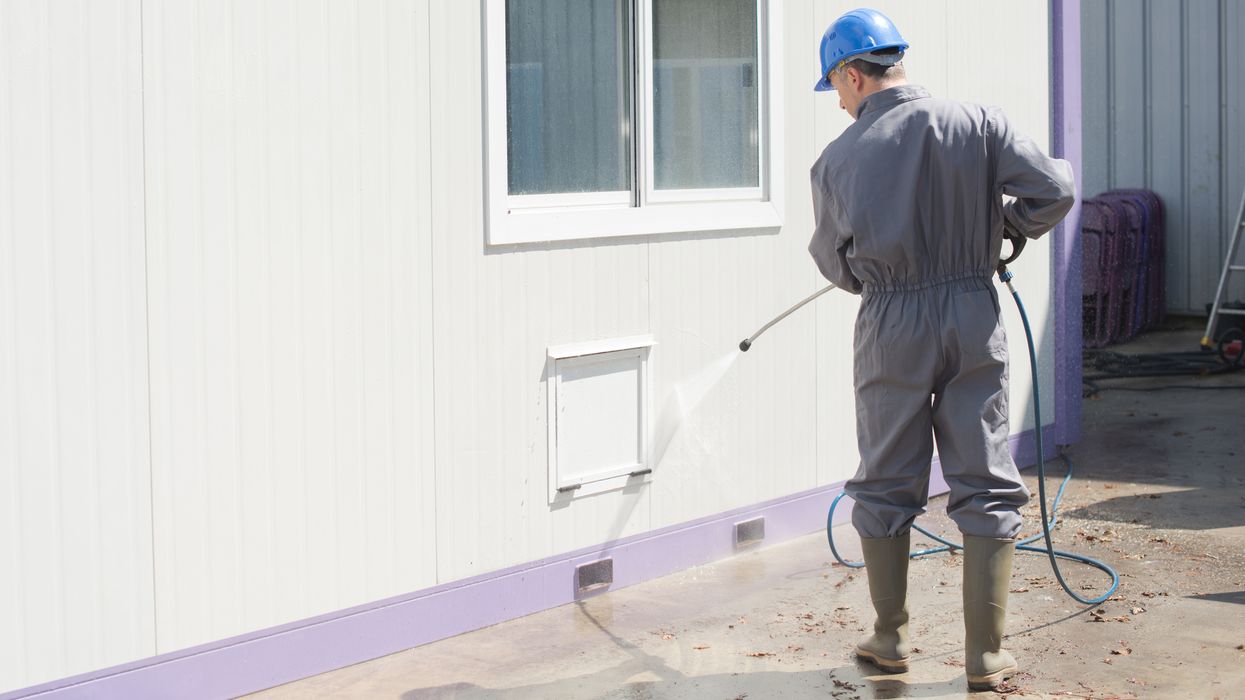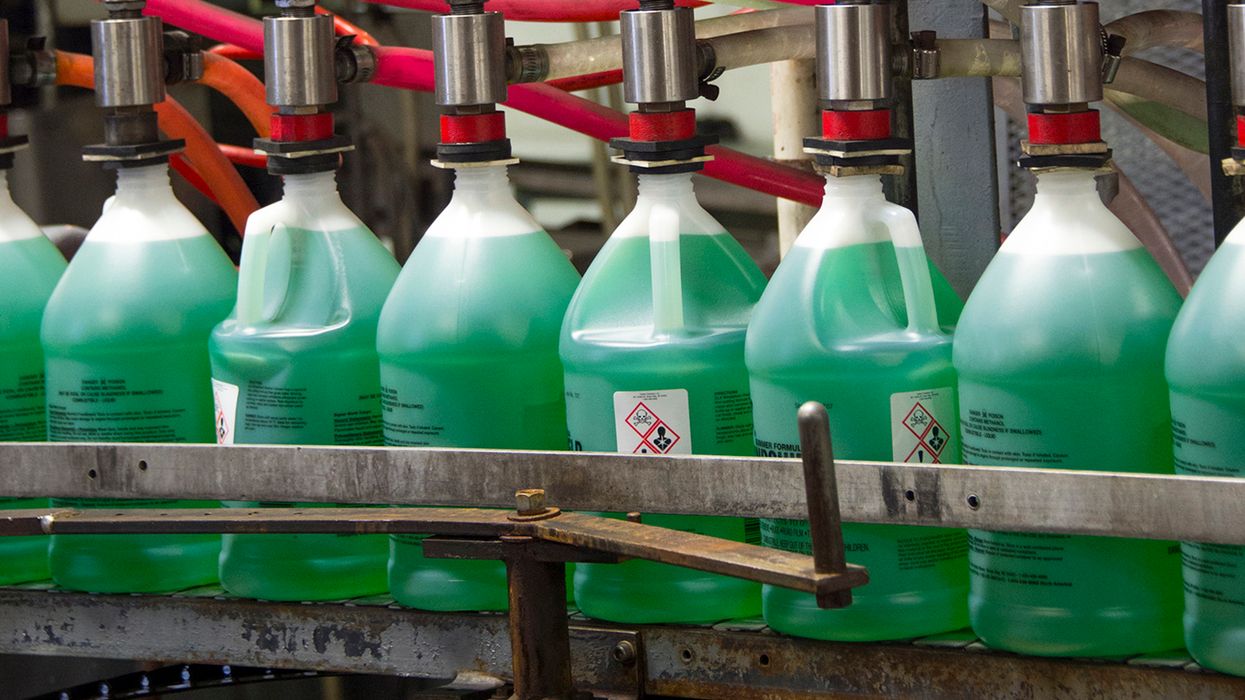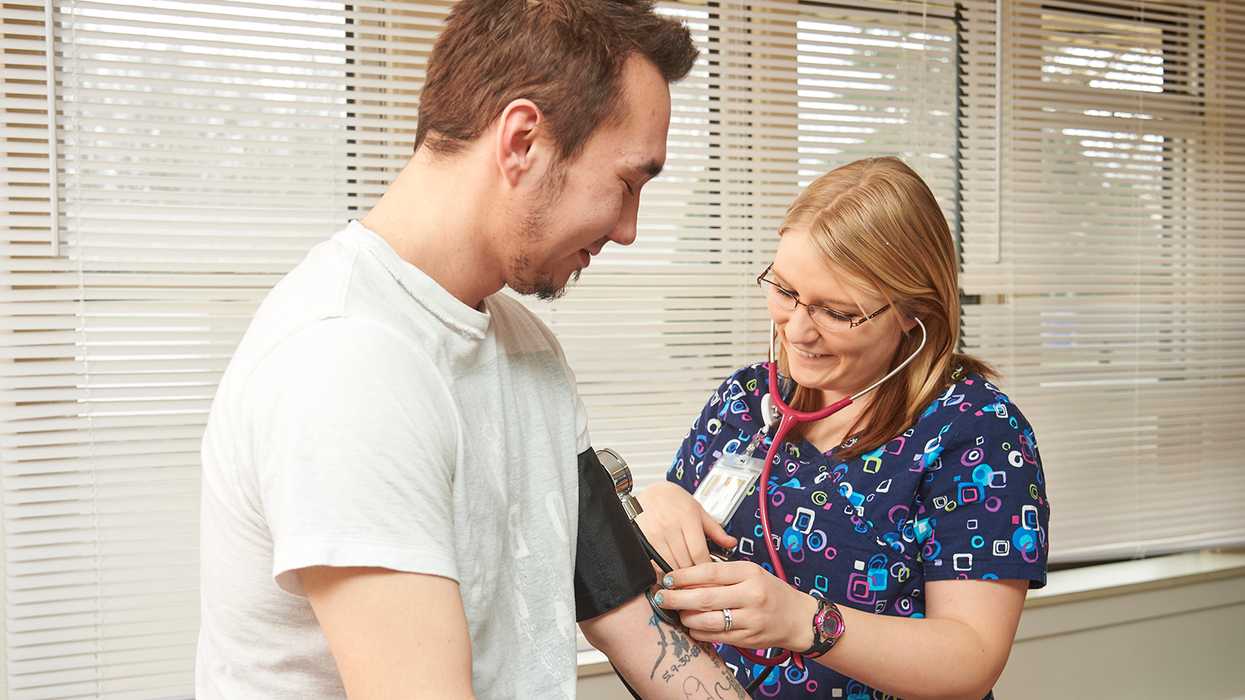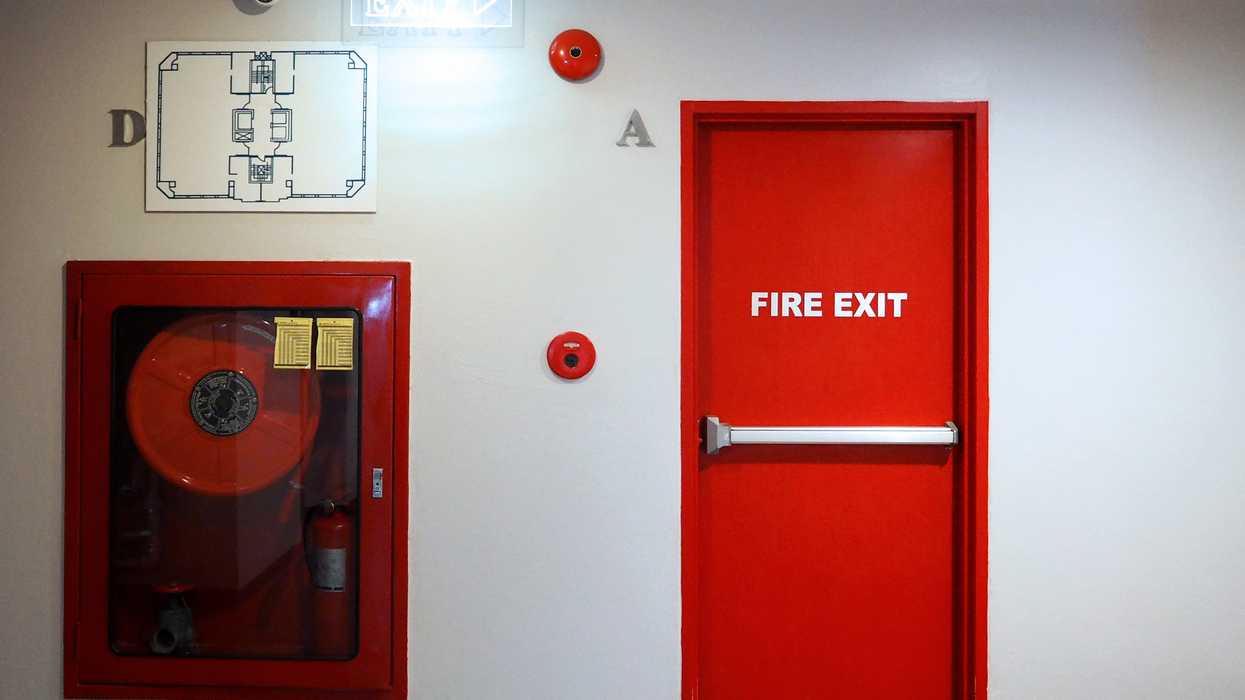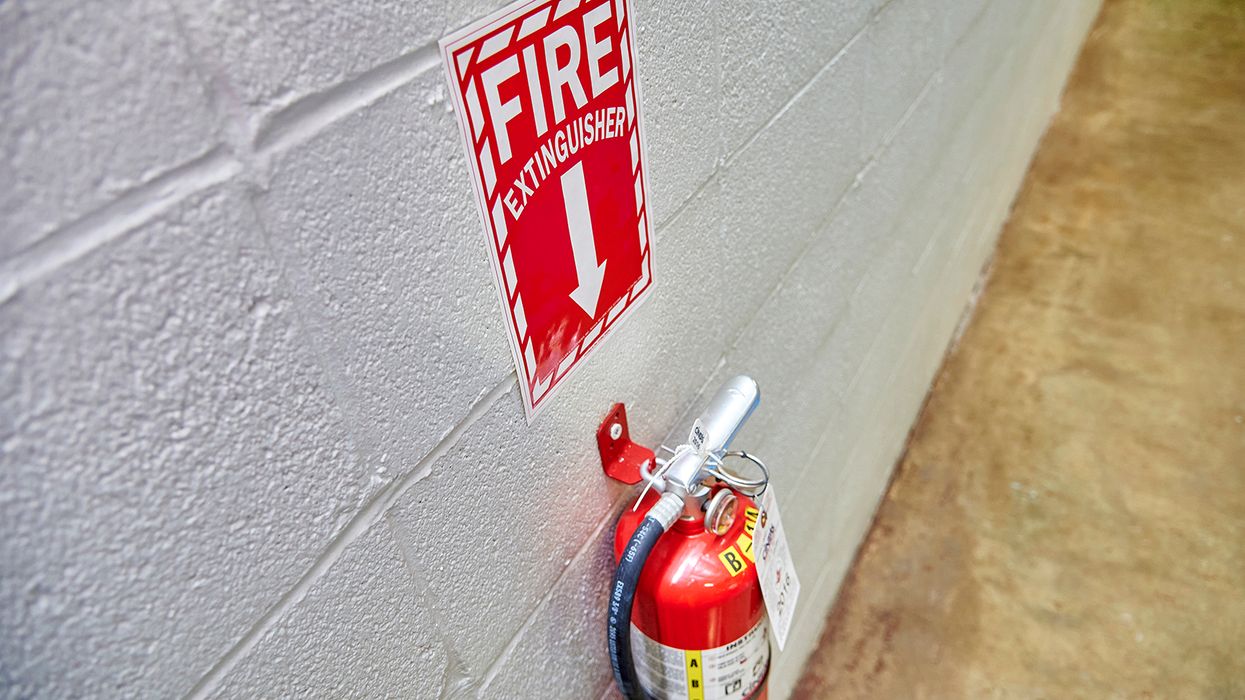Regularly disinfect your jobsite
COVID-19 began crippling communities, cities, and countries around the globe last year. A year later, the Centers for Disease Control and Prevention (CDC) remains a primary source for up to the minute information about the pandemic. Best practices guidance and the latest news seem focused on receiving the vaccination, herd immunity, and community spread. Illness transmission isn’t a new issue for construction jobsites. When one worker has a cold or flu, everyone else on the jobsite eventually tends to get sick too.
At my jobsites, workers called bronchitis the “boilermaker’s flu.” When workers work close to one another with welding fumes, dust, dirt, grime, and coal dust, it’s a prime breeding ground for bronchitis. It was always the worst type of strain, making workers sick from four to six weeks. I provided my workers with best practice tips to help prevent community spread, like what the CDC recommends for COVID-19 now. As the country continues to reopen, here are good reminders that you can apply at your jobsite:
- Tell your workers to stay home, or if they’re traveling, to stay in their hotel room if they’re sick. Missing work can be challenging if workers don’t have enough sick time accrued and won’t get paid. I got creative and developed telecommuting opportunities when management allowed me to. I always had plenty of administrative paperwork that I needed help with, such as updating a safety policy, the jobsite safety plan, or worker training. I could have sick workers assist me remotely if they were willing to and had a computer.
- Clean and disinfect common touchpoints on tools, trailers, offices, vehicles, water coolers, etc. If you read the label on any disinfectant bottle, it’ll list all the different viruses and bacteria it’s supposed to kill. These are the kinds of germs that can get workers sick and are found on many surfaces at your jobsite. Have workers review and follow safety data sheet recommendations for any chemicals they will use.
- Prevent respiratory droplets from becoming airborne by containing coughs. I was disappointed when I’d see workers coughing into their hands and then touching something. Instead, I told all my workers to cough or sneeze into their armpit area or their arm’s sleeve, not into their hands. A tissue works fine, too, if your workers can use one quickly.
- Practice good housekeeping on the jobsite. A clean job is a safe job. If your workers have lockers or other storage areas and pile up clothes through the week in them, this can become a breeding ground for germs and bacteria. Workers should take their clothes home regularly and launder them. If the employer is responsible for laundering work clothes, regular cleaning intervals and a collection point away from common areas should be established.
There are lots of things workers can do to reduce the symptoms of illnesses. A common remedy my workers suggested to me was to drink a hot toddy. This mixed drink is made of liquor, water, honey, herbs, and spices and is served hot with a hint of lemon. I was skeptical at first, but for me, it worked, and I usually started feeling better the next day. But wait until you get home before using this treatment and make sure it doesn’t affect your ability to perform safely during your next shift.
Key to remember: Regularly disinfect common surfaces at your jobsite. Doing this can help prevent the community spread of illnesses and germs between workers.

